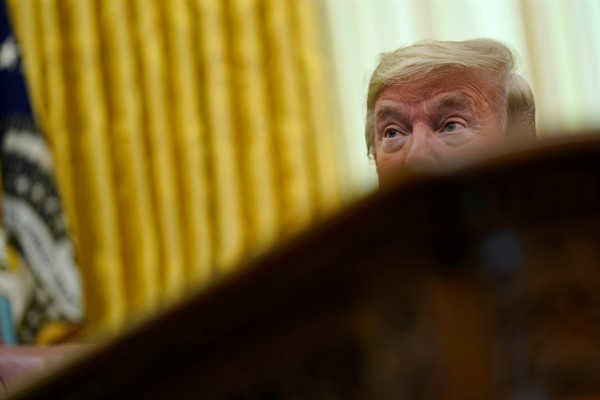Editor’s Note: Guest columnist Steven Metz is filling in for Candace Rondeaux this week.
When the Soviet Union collapsed in the early 1990s, the United States could have decided that its great fight against totalitarianism was finally over. America could have downsized its involvement in all but the most vital parts of the world, lessened its dependence on imported energy supplies, demilitarized its global strategy and abandoned the quest for primacy. But it did not. By then, Americans had become addicted to primacy, convinced that a militarized form of global leadership was both vital and sustainable.
All of this no longer seems so clear today, as Americans have begun the most serious reconsideration of their nation’s role in the world since the 1940s. The eventual outcome is uncertain. It might seem that COVID-19 is driving this reappraisal, but, in fact, the pandemic is only part of a perfect storm that is undercutting the viability of the global strategy America forged during and after the Cold War.

